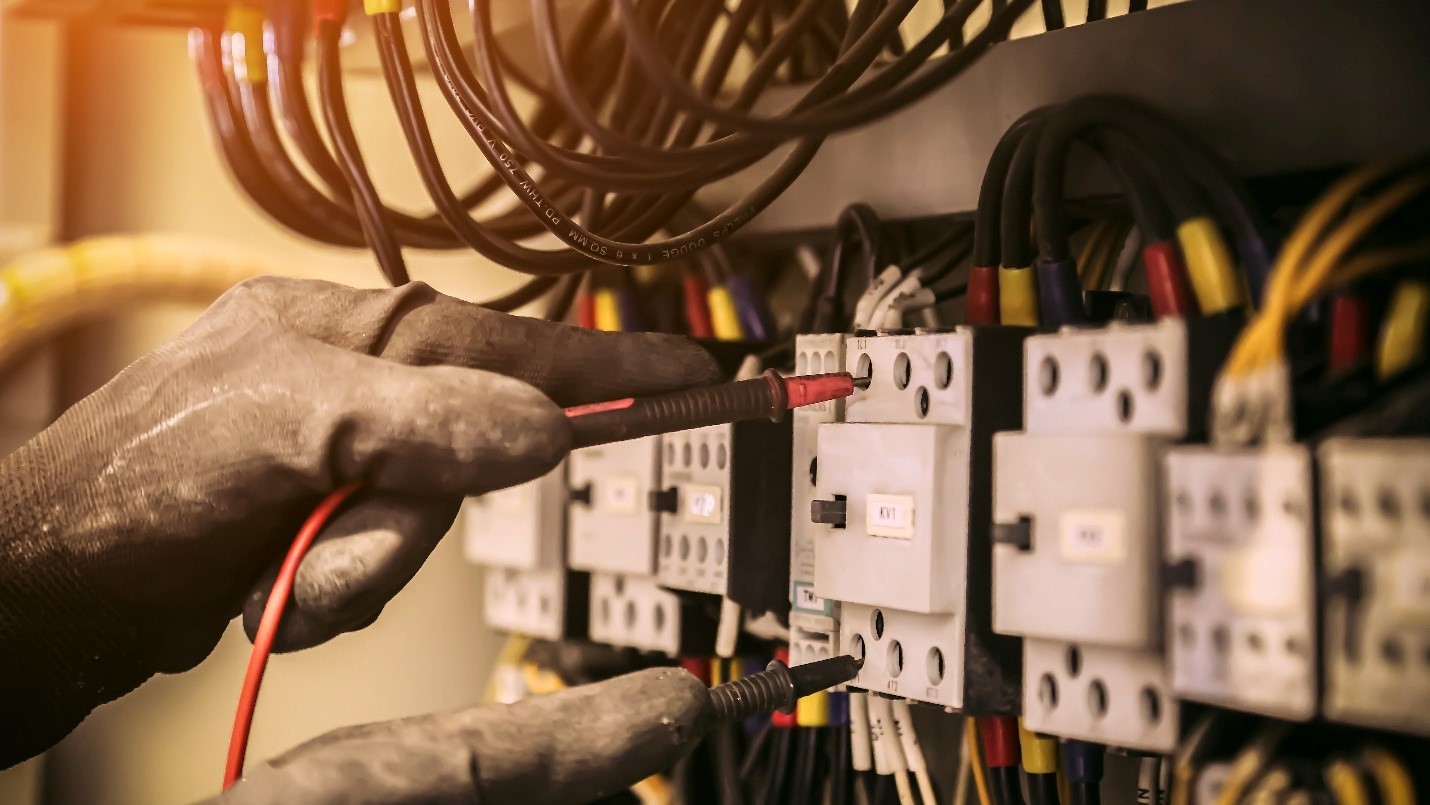As an employer, the safety of your employees should be one of the top things on your mind. As such, it's vital that you keep a properly maintained workspace. One of the most important parts of your workplace is your electrical system; unfortunately, this vital tool can also pose some of the most dangerous threats. So, how can you make sure you’re maintaining a safe and efficient workplace?
To make sure that your employees are always safe on the job, you might consider bringing in an electrical engineer to perform a power system study. There are several different types of power system studies, each with its own unique goals and methods. Here, we’ve crafted your complete guide to the various types of power system studies you might encounter, what goes on during each study, and why each are important.
What is a Power System Study?
Essentially, a power system study aims to test the capability of your electrical system in one way or another. These studies allow an electrical engineer to determine whether your current electrical system is performing as it should. Some tests may focus on one specific element of your system, while others will evaluate how they work in tandem. These tests are important tools for understanding how your electrical system will perform in the event of an emergency or a fault. During any power system study, an experienced electrical engineer will evaluate and analyze your equipment, assess its performance, and provide detailed feedback about any findings and recommendations.
Why are Power System Studies Important?
Power system studies are important to ensure the safety of your workers. If your employees are unknowingly exposed to an electrical system that’s malfunctioning or has an undetected issue, they could be putting themselves and their coworkers in danger. Additionally, a fault or other incident with your electrical system could cost hundreds or even thousands of dollars in damage to your equipment and your workplace.
Speaking of money, power system studies can actually help you save money on your electric bill and utility costs. If the elements of your electrical system aren’t performing as efficiently as they should be, then they’re probably working particularly hard to keep your workplace powered. However, the more efficiently a piece is working, the less work it must do, and the more money you save on your energy costs.
Having a power system study can be a great preventative maintenance measure to keep your workplace functioning as it should. If your electrical engineer can catch an issue early, you are capable of making a simple repair as opposed to needing to replace a large portion of your system. Power system studies are an excellent way to invest in the future of your business.
Short Circuit Analysis
One of the most common types of power system studies is a short circuit analysis (or a short circuit study). A short circuit analysis will help to determine how great your risk of a short circuit is. During this test, your electrical engineer will test individual portions of your power system to ensure that it can withstand a potential short circuit. All short circuit interrupting devices, such as a circuit breaker, have a rating indicating how high of a current it can manage. A short circuit analysis ensures that your equipment can handle these high currents.
Arc Flash Analysis
Similar to a short circuit analysis, an arc flash analysis determines your arc flash hazard. An arc flash happens during a short circuit and creates a luminous bridge that can put out large amounts of energy, which could be incredibly dangerous or even fatal. During an arc flash analysis, your electrical engineer will calculate your risk of an arc flash, make sure your protective devices are safely rated, and inform you about any issues they find and how to fix them.
Coordination Study
You may also consider undergoing a coordination study. A coordination study focuses on the protective equipment that is present in your electrical system. During this study, an electrical engineer will analyze your protective equipment to make sure it will work properly in the event of a short circuit, fault, or other electrical emergency. This will help mitigate nuisance electrical outages by isolating a circuit that generates a fault without shutting down circuits that are unaffected, or even the entire facility. What’s unique about this study is that your electrical devices are analyzed together (hence the word “coordination”) instead of independently.
Load Flow Study
Another common power system test is a load flow study, also referred to as a power flow analysis. This study will help ensure that none of your equipment is being overloaded and handling too much power. An electrical engineer will determine the current, voltage, power factor, and active and reactive power flowing through your electrical system. If a piece of equipment is overloaded with power, your electrical engineer will advise you and recommend ways to prevent a power failure.
System Evaluation
Last, but certainly not least, you have a full-scale power system evaluation. This type of power system study just might be the most beneficial when it comes to preventative maintenance. An electrical engineer will evaluate every aspect of your system to make sure your equipment is working properly, how it will hold up in case of an emergency, and is working at maximum efficiency. Of course, the electrical engineer will report their findings on the efficiency and reliability of your system and will recommend any upgrades that may improve its quality.
Contact MTAEE
If you’re interested in having any of these power system studies performed, consider working with a trusted company like Mark Thomas & Associates Electrical Engineers. We are proud to serve Southern California and various other regions throughout the West Coast, providing a wide range of electrical services, including all the studies you’ve read about above. We are passionate about helping businesses big and small make sure they’re running a safe and efficient workplace that both employees and customers can benefit from.
Contact MTAEE today to schedule your power system study today!

